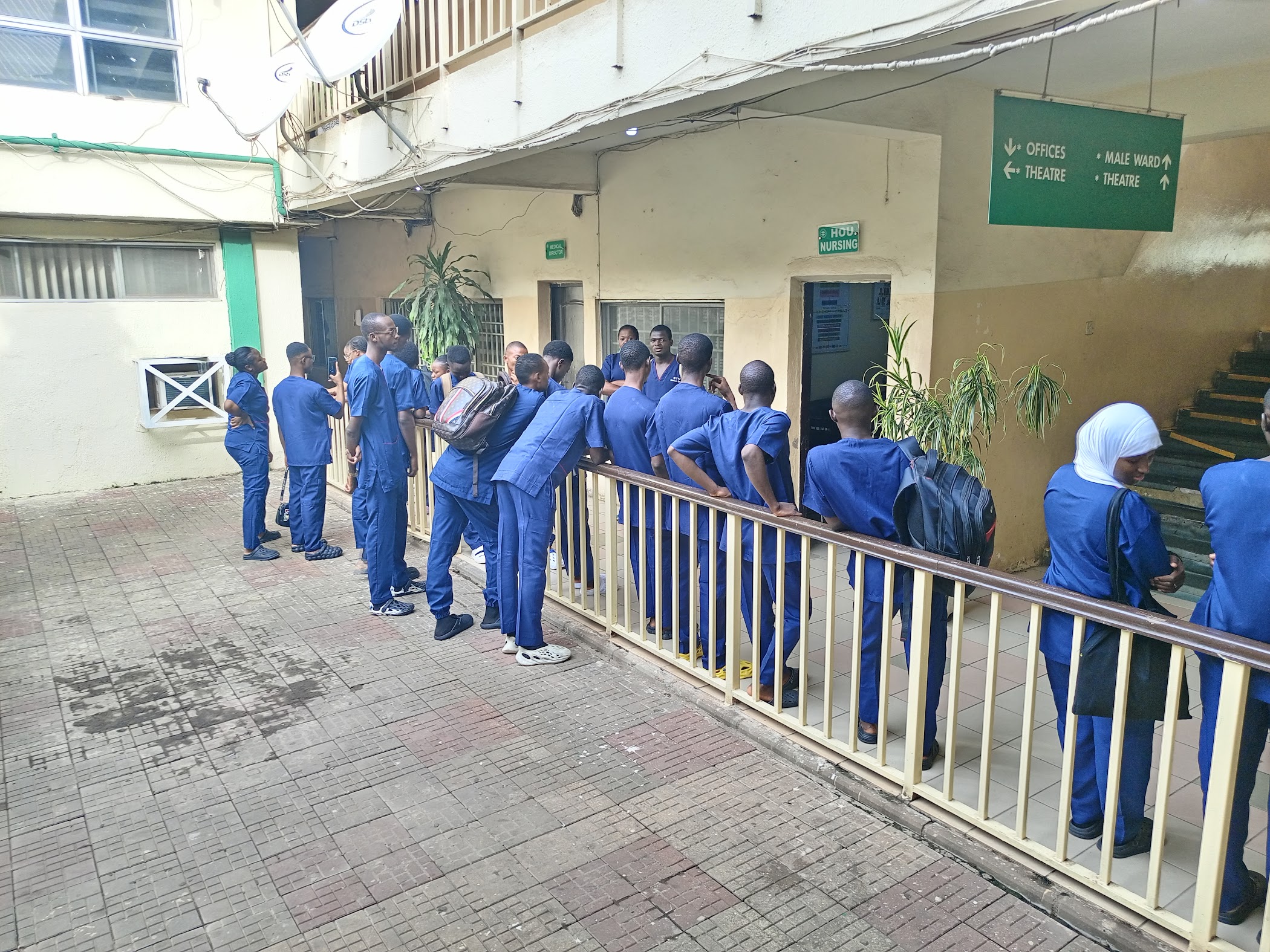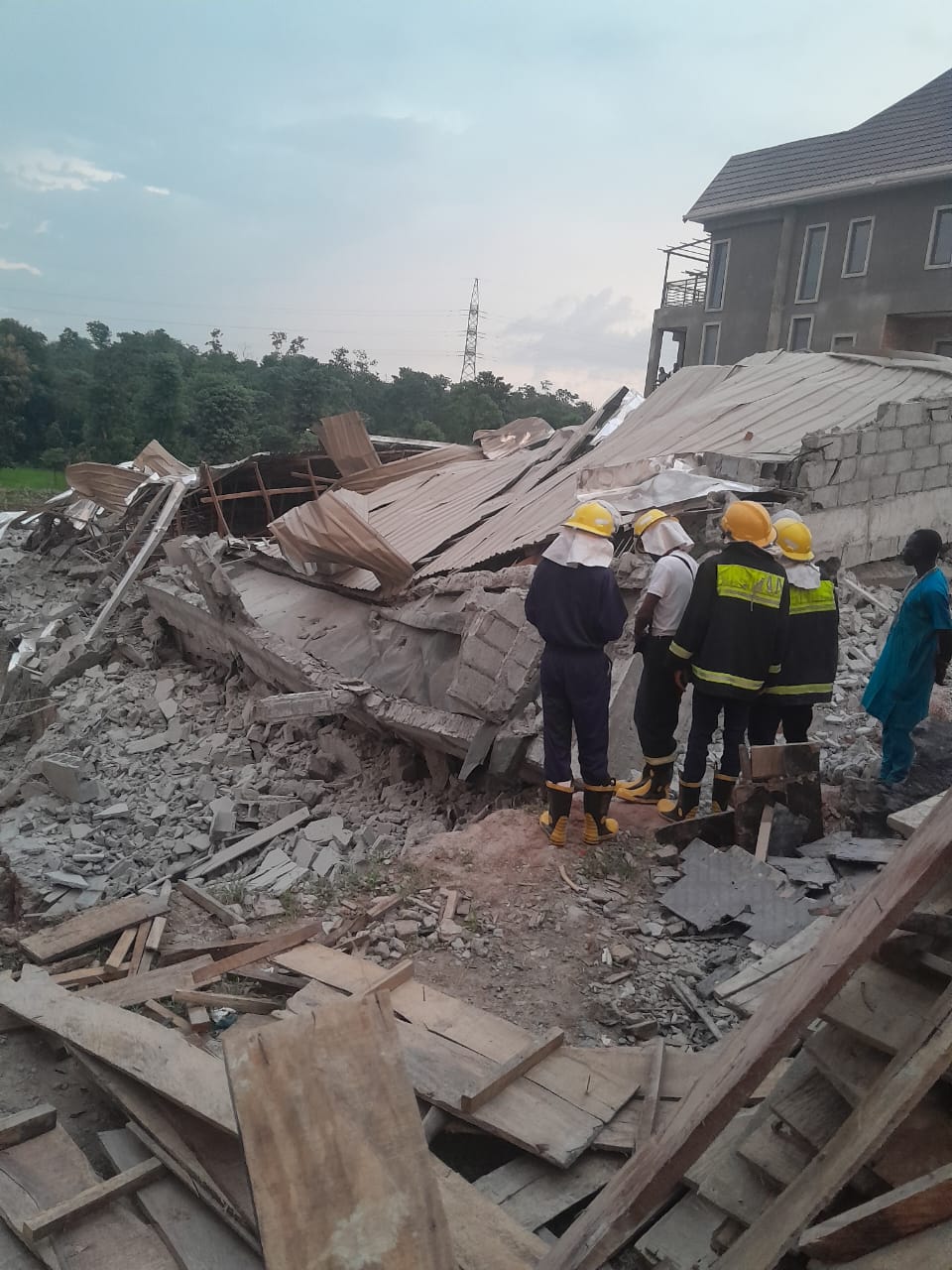Activities at the various Federal Capital Territory hospitals were paralysed on Monday as Resident Doctors embarked on a seven days warning strike..
A visit at some of the government owned hospitals indicated that patients were turned back as the strike action bites harder.
This Nigeria visited Wuse District General hospital but noticed that Doctors were not around to attend to patients.
The hospital secretary of wuse General hospital Crown Ajayi who confirmed that no Resident Doctor was available to attend to patients due to the strike action.
On the fate of patients already on admission before the strike, Mr Ajayi said the few Consultants available were attending to them.
We gathered that even emergency cases will not be attended to as they were directed to go to private hospitals.
Among the demands of the Resident Doctors including payments of arrears, promotions that were said to have been stopped since 2011, and pleading for more recruitments to fill vacant positions, created by resignation of Doctors.
FCT resident doctors announced this via a communiqué signed by the association’s President, George Ebong, and other executive members of the seven days warning strike
The doctors are demanding that the FCT Administration embark on reforms, particularly in staffing and welfare or face a one-week strike action after the warning strike.
The doctors said the health system in the FCT has been crippled by long-standing structural deficiencies, stressing the need for urgent and comprehensive reforms.
Ebong complained that resident doctors in the FCT are under strain and are often forced to handle multiple jobs in different departments at once.
The FCT Health and Environment Secretariat has not reacted to the warning strike. Several calls to Dr. Adedolapo Fasewe, Mandate Secretary of the Secretariat was not responded to.
Also, the Permanent Secretary, Health and Human Services Secretary, Dr. Babagana Adam could not be reached as his phone was busy all through.
The Union urged the federal government to urgently address the worsening challenges in the health sector, warning that persistent neglect could trigger “a systemic collapse.”
The association demanded quick intervention to fix manpower shortages, non-functional equipment, unpaid allowances, and poor working conditions. It also raised concerns over unpaid salaries, delayed promotions, and underpayment of promoted staff, insisting that morale and efficiency in service delivery hinged on immediate reforms.
Ebong further stressed stated that health workers must be actively involved in decision making processes.











